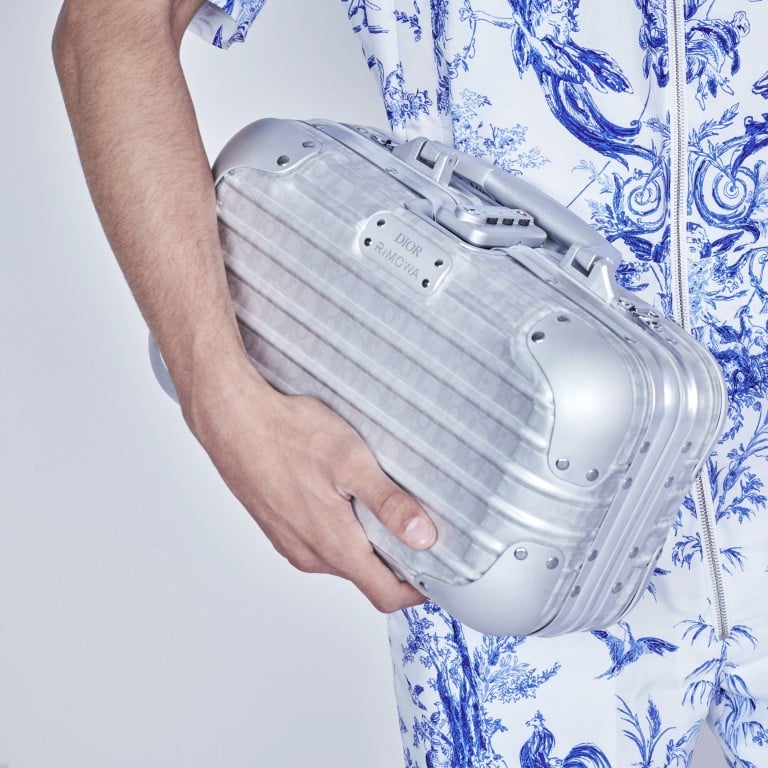
Rimowa CEO and son of LVMH head on luxury luggage brand’s revamp and why he’s not targeting millennials
- From working with labels like Fendi and Supreme, and stars including Roger Federer, Alexandre Arnault is changing the culture of the 121-year-old brand
- He says although Rimowa is already huge in China, the growth of country’s middle class and interest in travel is bringing lots of new customers
When LVMH chairman Bernard Arnault’s son Alexandre was named CEO of Rimowa in 2016 at the tender age of 25, the 121-year-old German luggage maker had a loyal following among frequent travellers, especially in China and the rest of Asia, but its slightly dusty image was in need of a refresh.
The appointment came on the heels of LVMH’s acquisition of the brand, which Alexandre Arnault himself engineered when he was working for the investment arm of his family’s holding company, focusing on technology deals with platforms such as Airbnb, Snapchat and Uber.
A long-time fan of Rimowa, Arnault travelled to Cologne in Germany, where Rimowa is based, to meet the owner. One thing led to another and within a year, Rimowa was part of LVMH.
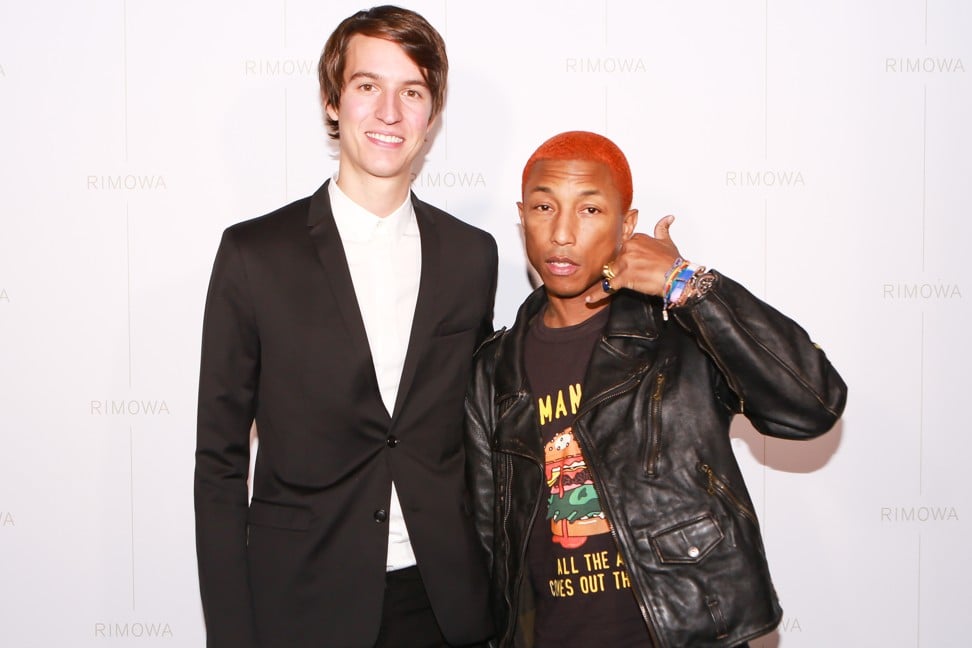
Arnault, who is now back in his hometown of Paris, lived in Cologne for two years after the acquisition.
“The most challenging part was changing the culture and bringing new people,” he says. “It’s very different from what they were doing before and I had to convince a lot of partners to work with us, like [street wear brand] Supreme or [tennis player] Roger Federer, because we are a small brand and have no huge budgets, so it was a bet for them to work with us.”
Arnault has completely overhauled the business since taking over by reducing Rimowa’s reliance on wholesale accounts to expand its direct retail network, collaborating with brands like Fendi, Off-White and Supreme, and working with ambassadors such as Federer and NBA player LeBron James.
The revamp began to bear fruit from day one, especially in markets such as the US, where Rimowa was a household name but not as popular as it was in Asia.
“For Asia, particularly China and Hong Kong, we mostly built on what was already built because the brand was very strong and when you travel through airports you see it everywhere, which we were very happy with,” Arnault says. “So it was more about how to excite customers and make them come back, come up with new launches and collaborations, and talk about the brand in a different way.”
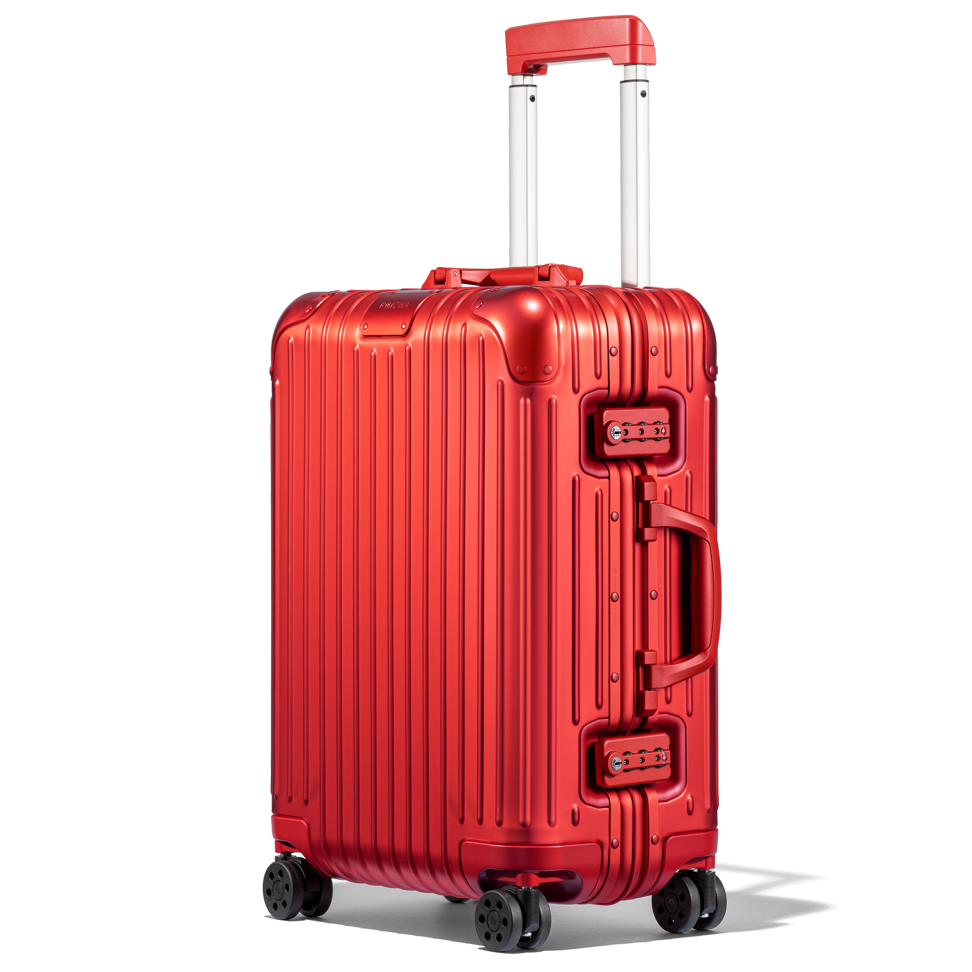
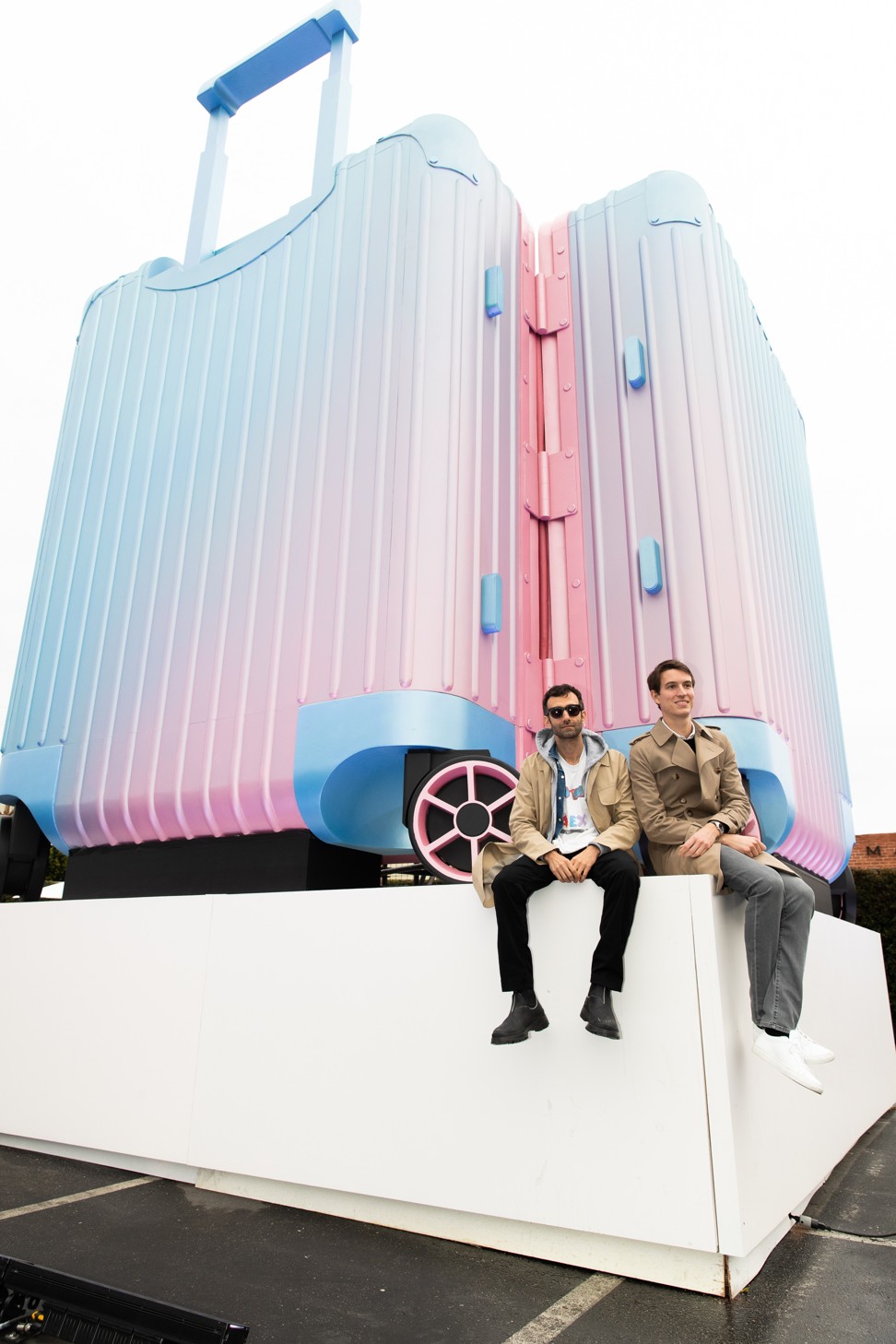
Germany is still Rimowa’s largest market in terms of sales, but when it comes to its buyers, the Chinese top the list, followed by German and US nationals.
“When we do surveys in Asia and ask people to name the top five luxury brands, it’s always Hermès, Louis Vuitton, Chanel, Rolex and Rimowa,” Arnault says.
“What’s different in Asia, especially in China, is the growth of the middle class, which brings a lot of new customers to Rimowa. Travelling is becoming more accessible, plane tickets are becoming cheaper [and] Airbnb and similar companies are offering new ways of staying in places. It’s allowing people to travel more and to jump on the plane like they used to jump on the subway, and people need more items like suitcases.”
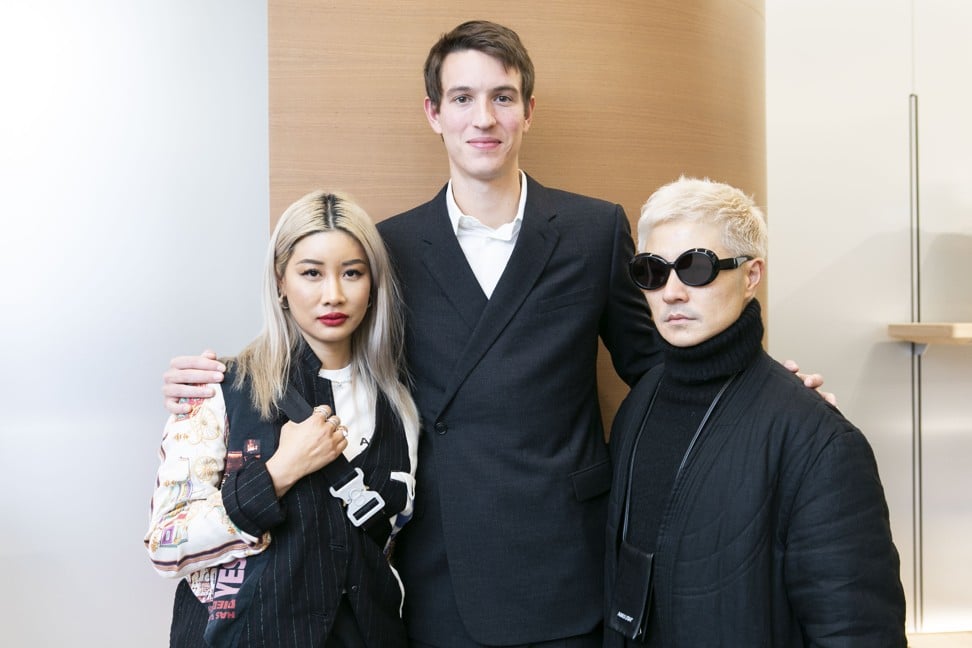
While one might think that luggage is not something people buy often or on a whim – as they would a pair of shoes, for example – that’s not the case for younger customers, Arnault says.
“I think it’s becoming more like a handbag. Younger people are excited about having three, four or more suitcases because they want the new edition or the new colour. At the end of the day it’s not that different from buying handbags or shoes.”
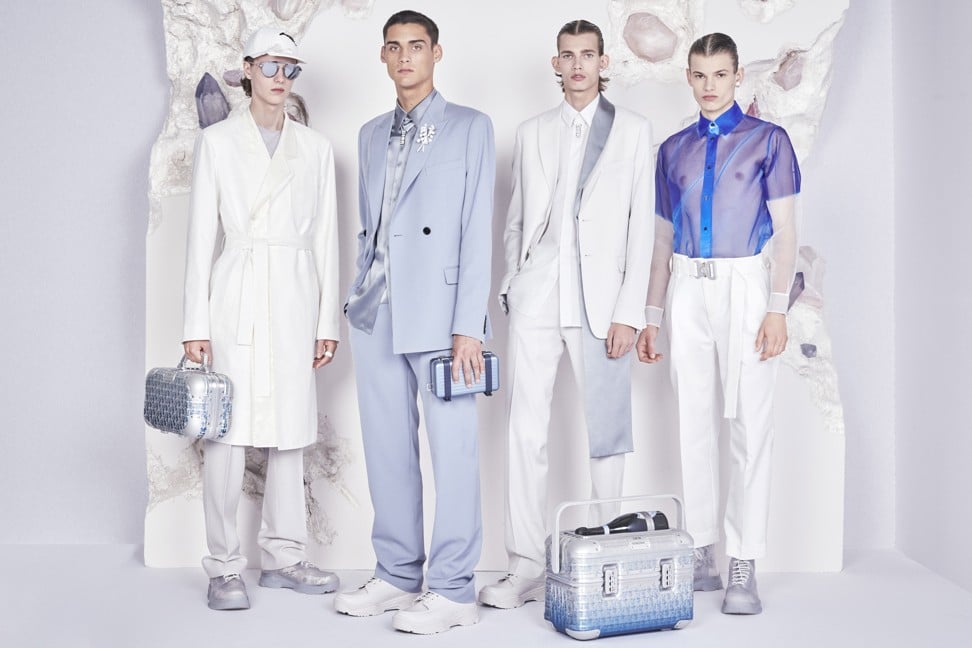
While all these initiatives seem to be aimed at millennials – which is not surprising since Arnault is also from that generation – the young CEO says that this is not his strategy.
“It’s very dangerous to make brands only targeted at millennials. You have examples of those brands targeted at millennials that have been growing very fast and now are slowing down because it’s not cool any more,” Arnault says.
“It’s a coincidence that we’ve been doing things that target millennials but it was never the intention. As a millennial myself, if I see a brand targeting me it drives me away. A lot of our old customers may not know who [Off-White founder] Virgil Abloh is but they like the idea of a transparent suitcase and we sold thousands of them.”
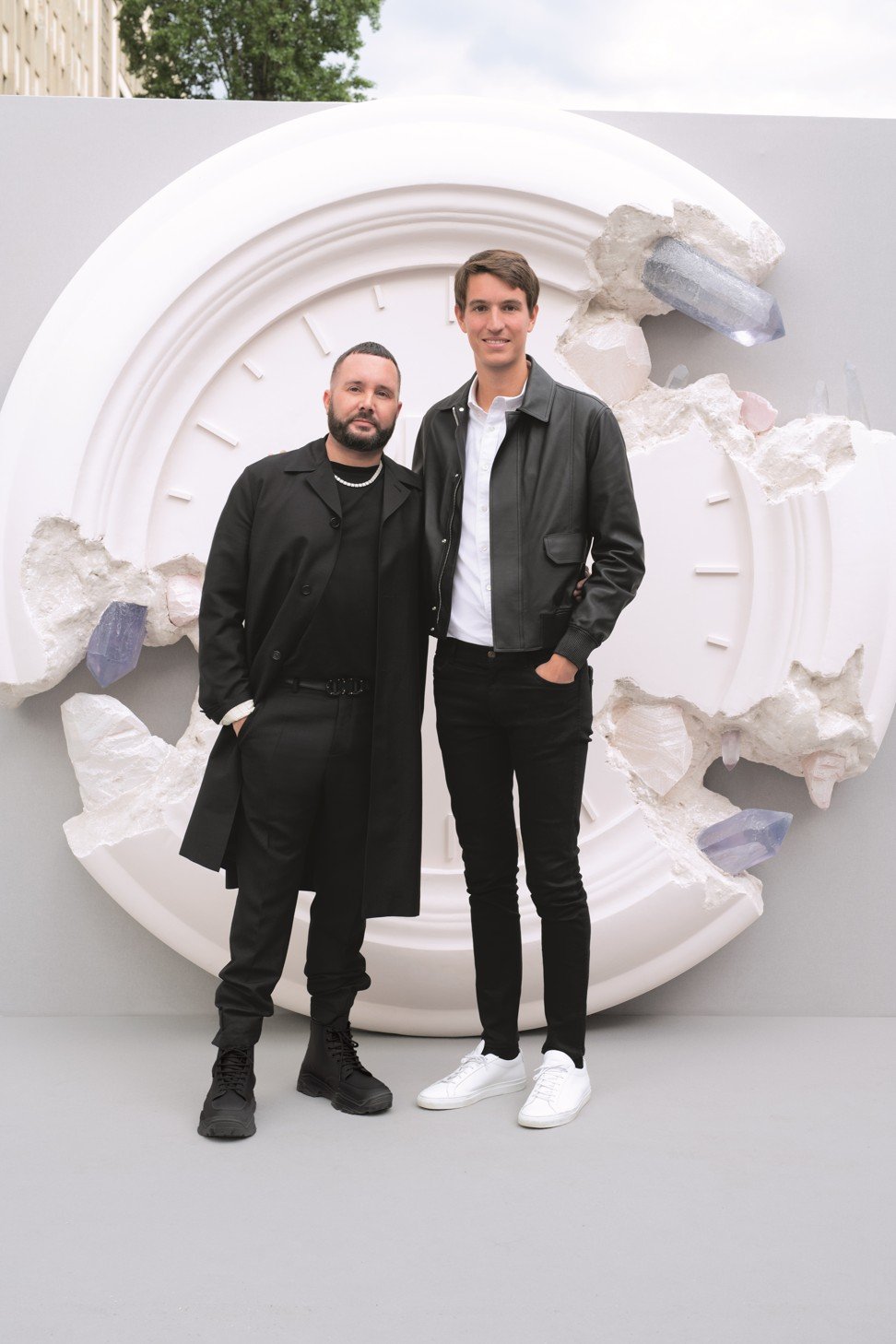
Arnault has undoubtedly helped Rimowa earn street cred among the cool kids but he believes that what ultimately matters is the loyalty that the brand has built thanks to its focus on functionality and quality.
“We only touch our customer in the worst parts of travelling: when you go to the airport and are at the airport and after you land and are on the way to the hotel,” Arnault says. “It’s the most dreadful part of travelling so we’re building products to make it easier for customers on a daily basis … We view them as an iPhone and remove what’s unnecessary and keep the essentials and make them as functional, sturdy and good looking as you can.”
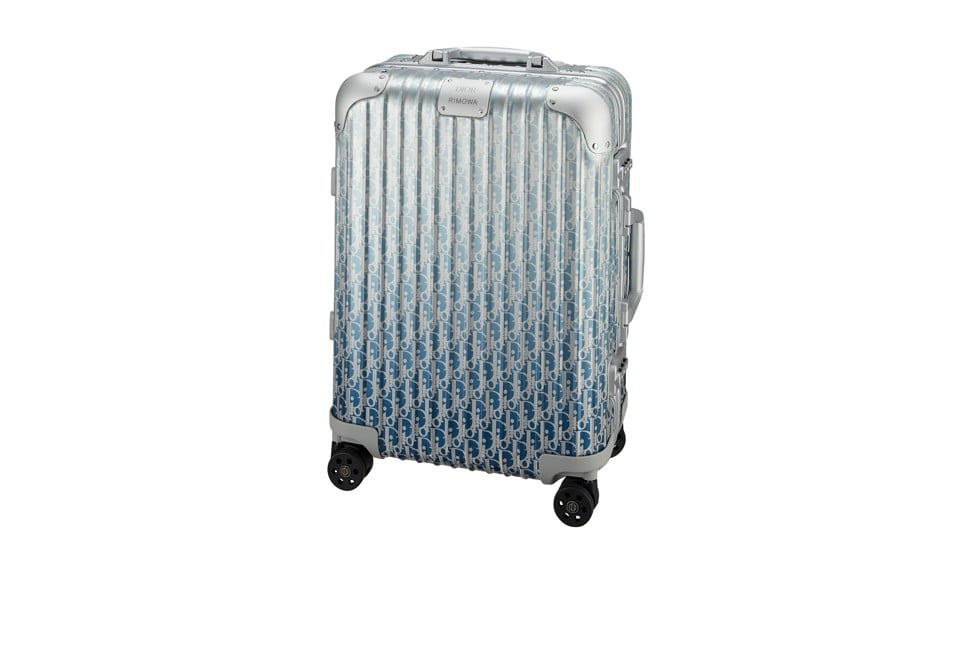
“We feel very good because it allows light to be shining on the category,” Arnault says. “Away makes people think about suitcases rather than just buying something last minute at Walmart.”
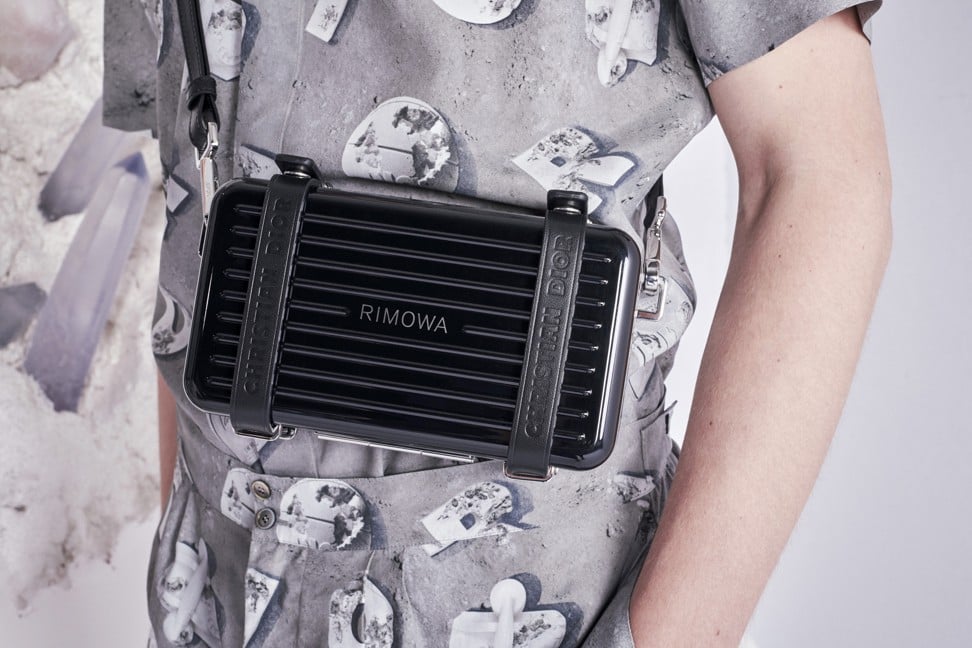
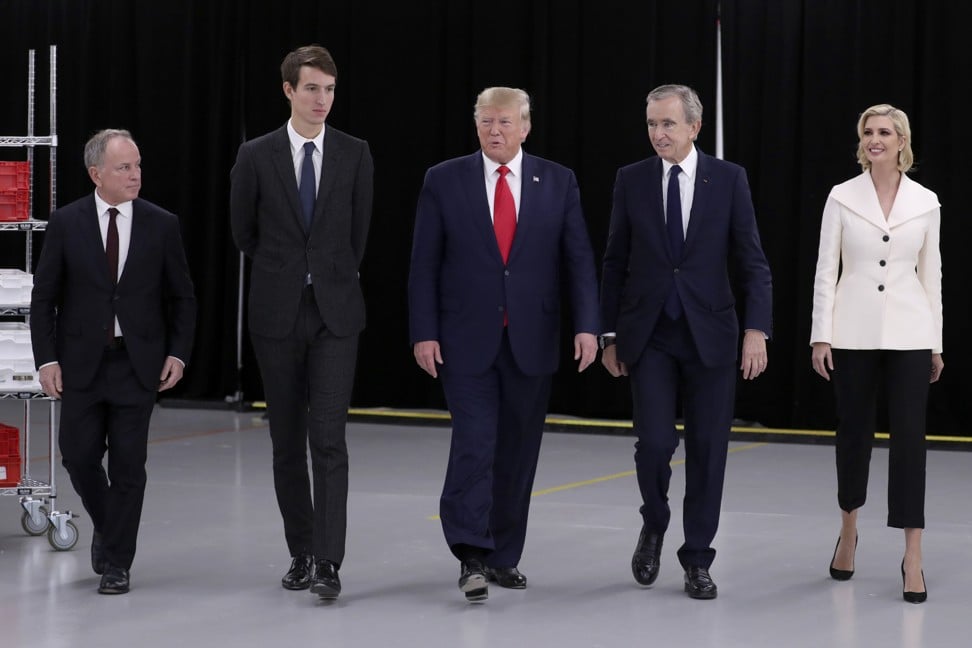
“I’m very happy at Rimowa and don’t ask myself this question too often because I’ve been here for two and a half years and we’re in the middle of a transformation,” Arnault says. “So far so good.”

